Sunday, May 10 2020
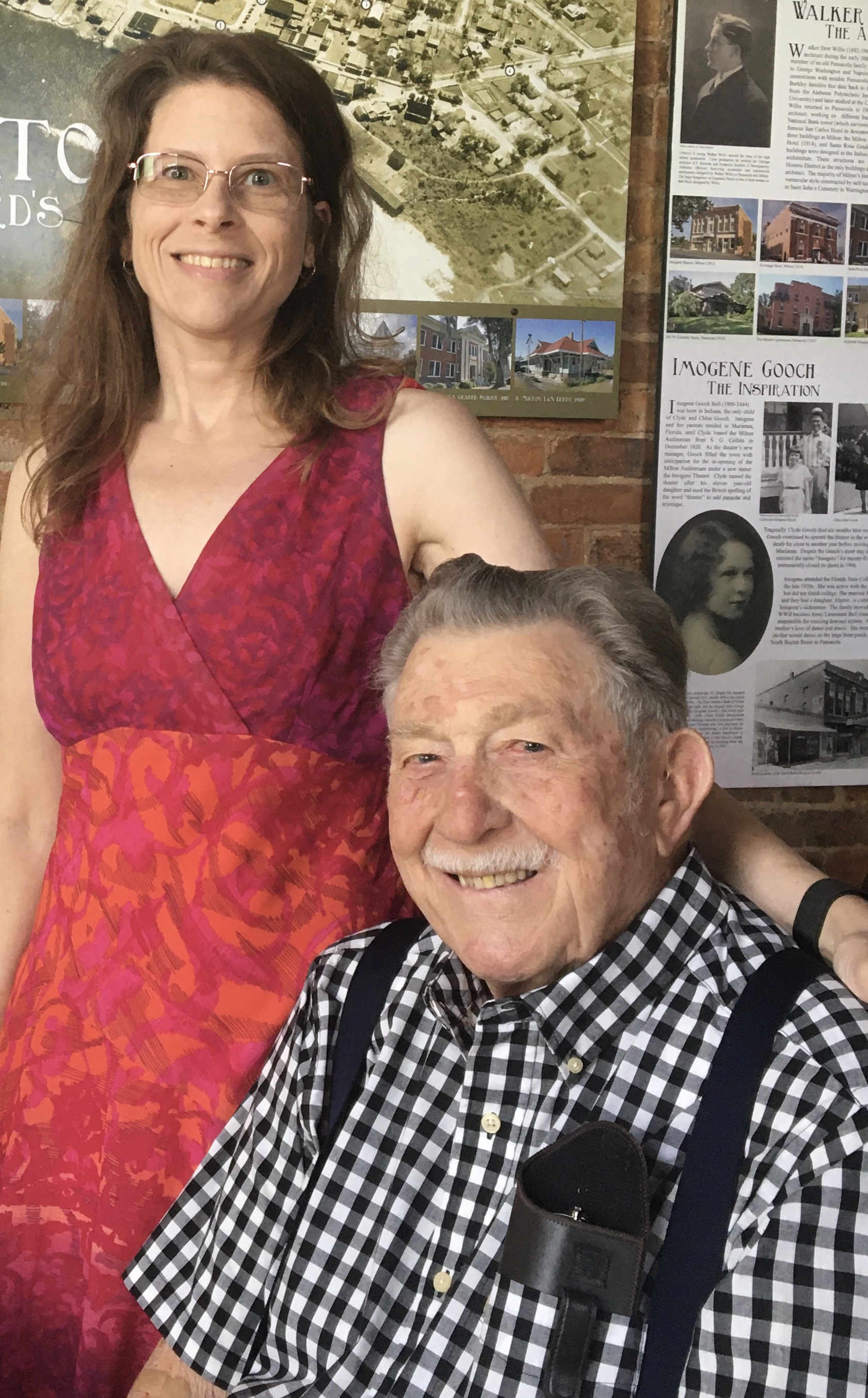 VIRTUAL AUTHOR VISIT WITH DANA SKORNIA VIRTUAL AUTHOR VISIT WITH DANA SKORNIA
Dana Skornia lives in Jacksonville, FL with her husband and two children, and this is her first venture into writing fiction. She wrote the book with her father, JL Broxson, who lives in Milton, FL, where Dana and most of her relatives are from. She and her father have always been interested in the family history and genealogy of the Broxson family, and he’s always told her stories of the many people who have graced their heritage and of the friends who made their lives interesting fodder for the book.
X
X
Blog URL: https://awinterssecrets.blogspot.com/
Goodreads: https://www.goodreads.com/book/show/51479541-a-winter-s-secrets
X
X
About A WINTER’S SECRETS
Publication date: January 2020
Publisher: Kindle Direct Publishing
Genre: Historical Fiction
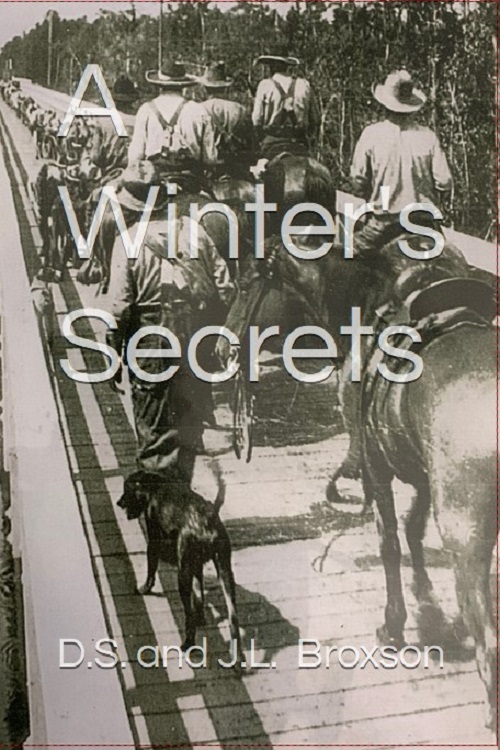 This is a post-Civil War family saga, based loosely on the author’s ancestral heritage and other historical accounts of rural life in Florida after the slaves had been freed. The story follows the emotional journeys of each person involved in a love triangle and develops gracefully and powerfully as they adapt to each other, and come to terms with new family dynamics – for better or for worse. The plot has several interesting twists, a few tense moments where things could go either way, some emotional turmoil, and many kind deeds and encouraging moments. This is a post-Civil War family saga, based loosely on the author’s ancestral heritage and other historical accounts of rural life in Florida after the slaves had been freed. The story follows the emotional journeys of each person involved in a love triangle and develops gracefully and powerfully as they adapt to each other, and come to terms with new family dynamics – for better or for worse. The plot has several interesting twists, a few tense moments where things could go either way, some emotional turmoil, and many kind deeds and encouraging moments.
A Winter’s Secrets has been submitted to Florida Writer’s Association Royal Palm Literary Awards Competition
Buy the book: A Winter’s Secrets
Reedsy: https://reedsy.com/discovery/book/a-winter-s-secrets-d-s-j-l-broxson
Amazon: https://www.amazon.com/Winters-Secrets-D-S-J-L-Broxson-ebook/dp/B084796RQT/ref=sr_1_3?dchild=1&keywords=a+winters+secrets&qid=1587845529&sr=8-3
Barnes & Noble: https://www.barnesandnoble.com/w/a-winters-secrets-jl-broxson/1136126633?ean=9781078779517
X
X
X
Interview with Dana Skornia
Why did you start writing —what triggered your writing?
Dad called me one day and asked if I had a novel in me, and I said I thought I did. He and I have always been interested in the histories of the people in our heritage and he’s told me many stories over the years about how he grew up, people he knew, and what their lives were like. We agreed that I’d record him telling about those stories, and I used them to create a fictional tale, using many of the circumstances but envisioning what might have been, and crafting a plot and story line around them.
What does the act of writing bring into your life? Why do you want to write?
In the beginning I had an audience of one, because the only person I was writing for was Dad. I wanted him to have a story that he would enjoy reading, one that would have meaning and relevance for the time and people that he grew up knowing, and would resonate with what he knew to be true about the era and the people who lived in the early 1900s. As I continued I hoped it would be one that anyone might enjoy, and I wanted to share the story with others.
How long did it take you to write your book? How many rewrites did it go through?
I sent chapters to Dad as I finished them, and it took a few re-writes of the first three or four chapters to really feel as though I had something worth continuing. Once I got started, though, I found that the characters didn’t always behave the way I thought they should, but they also became more real to me as I started fleshing them out and determining who they really were.
Is this your first book? Your first fiction book?
This is the first book I’ve ever tried to write, although many people have told me I need to write a book and I had a blog going for a few years when my children were younger. I enjoyed writing it and wish I could afford to do nothing but write, as I thoroughly enjoyed the process and feel like I’ve got a few more “novels” in me.
Tell us an interesting fact or hidden secret about one of the characters that we wouldn’t know by reading the book.
When my father was young he had an aunt that would tease him and call him little Lester Leroy, and Dad always found that a little funny and a little offensive at the same time, and I knew at the end I wanted to make him laugh, so I put the conversation between Bud and Annie in the book about naming the baby that. Also, when I describe the nativity play that the children put on at Christmas time, I made a reference to a play in years past where the angel was stuck in the tomb and couldn’t get out.
That actually happened to my husband Dallas when he was a teenager in a church play, where the wings he was wearing were too big to get through the opening of the “tomb” they had constructed on stage and from where he was supposed to emerge and sing a song. Unfortunately for him he had to stay hidden in the tomb and just sing the song from where he was stuck, and it’s something he’s laughed about ever since.
Sunday, May 03 2020
 Christopher G. Bremicker was a Green Beret medic stationed at Ft. Bragg NC from 1968 to 1970. He has a BA in English and a Master’s in Business Administration, both from the University of Minnesota. He is a newspaperman, downhill skier, and grouse hunter. He plays handball and reviews theater. He is a sales associate at Walgreen’s in St. Paul, MN, his forty-sixth job since high school. His hometown is Cable, WI. He has won awards from Veterans Voices Writing Project Inc. from the VFW, and the American Legion. Christopher G. Bremicker was a Green Beret medic stationed at Ft. Bragg NC from 1968 to 1970. He has a BA in English and a Master’s in Business Administration, both from the University of Minnesota. He is a newspaperman, downhill skier, and grouse hunter. He plays handball and reviews theater. He is a sales associate at Walgreen’s in St. Paul, MN, his forty-sixth job since high school. His hometown is Cable, WI. He has won awards from Veterans Voices Writing Project Inc. from the VFW, and the American Legion.
X
X
Website URL: http://www.unsolicitedpress.com/store/p274/Bremickermemoir.html
Blog URL: www.livingwellwhilementallyill.com
Facebook: https://www.facebook.com/cbremicker
YouTube: https://youtu.be/hnmfAK9L0qQ
XX
XX
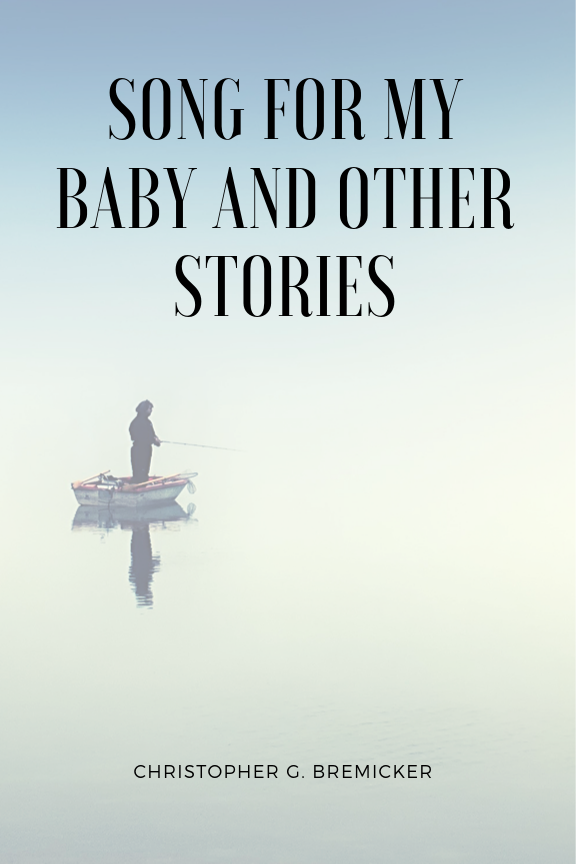 About Song for My Baby and Other Stories About Song for My Baby and Other Stories
Publication date: June 16, 2020
Publisher: Unsolicited Press
Genre: Hybrid, fiction, nonfiction, memoir
Song for My Baby and Other Stories is best described as a work with great variety. What begins with the sudden demise of a father on a hunting trip, transforms into a collection that deals with mental illness, hitting bottom, and an appreciation for those who stick around in the worst of times. Bremicker takes readers for a ride with no degree of certainty. From a high stakes golf game to pay off a son’s cocaine debt, a dating service that results in twelve dates in twelve months, a kidney transplant, a heart attack, a relapse on alcohol, to years in and out of psych wards and veterans’ homes, the book shifts gears from story to story.
Buy the book: Song for My Baby and Other Stories
Unsolicited Press: www.unsolicitedpress.com
X
X
X
Interview with Christopher G. Bremicker
What does the act of writing bring into your life? Why do you want to write?
I don’t want to write. I can’t help it. At a dinner party, James Thurber’s wife looked at him and told him to stop writing. I’m like that. I do it subconsciously.
Do you have a favorite writing space or a place you go to for inspiration?
I need to be around people to write, like a coffee shop or the community room in my hi-rise. Many writers like to write in solitude. I can’t stand it. I draw energy from a crowd and concentrate better when there’s commotion.
Do you have any writing totems? Superstitions? Strange routines?
I never talk about work in progress. It’s bad luck and invariably kills the story and the creative juices. I won’t even tell my psychologist. I’ve experimented with this theory and it’s true. I keep my mouth shut.
What is your most recent book and what inspired it?
Song for My Baby and Other Stories—inspired by my recovery from a heart attack and mental illness. It is a compilation of stories that a Dutch journalist and friend of mine liked. He was knighted by the Queen of Holland for his work also as a literary critic and his judgment is impeccable. I am highly prolific, and the book is my best stuff.
What is the message of your book? What do you want readers to come away with after they read your book?
Mental illness can be overcome with hobbies that give a person a life worth living. You’re living in Hell, might as well enjoy it and have something to look back on, if you ever make it to a semblance of health.
Tell us an interesting fact or hidden secret about one of the characters that we wouldn’t know by reading the book.
The greatest handball player in the world is me. I’m the worst player in our handball league but have the greatest of the game’s personality. Booze, women, and cigarettes, although I quit all three.
Saturday, April 18 2020
April's Round Robin Blog Hop topic: How easy or difficult do you find including humor in your writing and/or have you ever incorporated a true life humorous vent in your own life or the life of someone you know in a book you were writing?
XXX
 Humor is a part of human life so it’s just natural for it to find its way into our writing in so many ways. Some of us are just blessed with a humorous nature – you know the guy who always has the right quip or comment at the right time to tickle everyone’s funny bones? Some of us have moments when we say or do something truly funny. But all of us appreciate humor from slapstick to subtle. And just think how awful life would be without it. Even on our darkest days, amidst the worst that life throws at us, humor can lighten the load and help us appreciate the good that comes our way. Right now, amidst this unprecedented and scary lockdown for Covid19 people are posting humorous gifs and memes to social media that help us all find something to laugh about. So, if this is real life, it just stands to reason we would want to incorporate humor into our stories. Humor is a part of human life so it’s just natural for it to find its way into our writing in so many ways. Some of us are just blessed with a humorous nature – you know the guy who always has the right quip or comment at the right time to tickle everyone’s funny bones? Some of us have moments when we say or do something truly funny. But all of us appreciate humor from slapstick to subtle. And just think how awful life would be without it. Even on our darkest days, amidst the worst that life throws at us, humor can lighten the load and help us appreciate the good that comes our way. Right now, amidst this unprecedented and scary lockdown for Covid19 people are posting humorous gifs and memes to social media that help us all find something to laugh about. So, if this is real life, it just stands to reason we would want to incorporate humor into our stories.
XXX
 For those blessed with the funny bone writing humor is easy. For the rest of us, not so much, but one thing most authors are good at is people watching. And that’s where you can find great ideas to weave into your stories. The ridiculous things people say in the heat of an argument, mishaps on the way to saying or doing something serious that totally derail the effort, things our pets do that bring a grin to our faces. All these things add spice to our lives and can enrich our stories. For those blessed with the funny bone writing humor is easy. For the rest of us, not so much, but one thing most authors are good at is people watching. And that’s where you can find great ideas to weave into your stories. The ridiculous things people say in the heat of an argument, mishaps on the way to saying or doing something serious that totally derail the effort, things our pets do that bring a grin to our faces. All these things add spice to our lives and can enrich our stories.
XXX
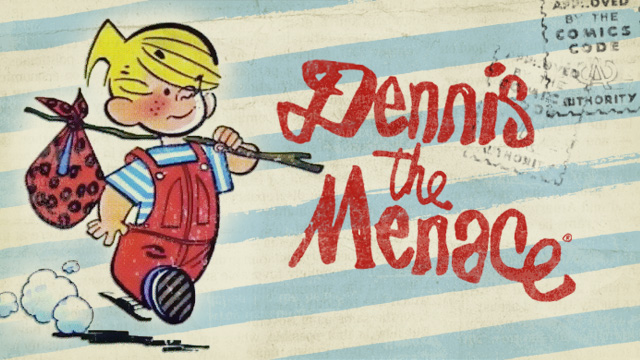 Hank Ketcham made a career out of turning the funny, amusing, downright side-splitting things his son said and did into the long-running comic strip Dennis the Menace. Several others have used kids or family life to launch their careers as well. Anyone ever read Superfudge or Tales of a Fourth Grade Nothing by Judy Blume. If you have and you have kids, I’m betting some of the things that Peter had to endure from his baby brother Fudge could have happened in your family, or events very similar. I still smile over the Hank Ketcham made a career out of turning the funny, amusing, downright side-splitting things his son said and did into the long-running comic strip Dennis the Menace. Several others have used kids or family life to launch their careers as well. Anyone ever read Superfudge or Tales of a Fourth Grade Nothing by Judy Blume. If you have and you have kids, I’m betting some of the things that Peter had to endure from his baby brother Fudge could have happened in your family, or events very similar. I still smile over the  image of Peter sticking green stamps all over Baby Fudge to trade him in for something better. Bill Bryson turned his real-life adventure to hike the Appalachian Trail into one of the most amusing books I’ve ever read, eventually made into the movie, A Walk in the Woods starring Robert Redford and Nick Nolte. Reader’s Digest features two regular pages of humor taken from real life. Humor in Uniform shows the lighter, funnier side of military life while Life in These United States retells true funny stuff from every walk of life. image of Peter sticking green stamps all over Baby Fudge to trade him in for something better. Bill Bryson turned his real-life adventure to hike the Appalachian Trail into one of the most amusing books I’ve ever read, eventually made into the movie, A Walk in the Woods starring Robert Redford and Nick Nolte. Reader’s Digest features two regular pages of humor taken from real life. Humor in Uniform shows the lighter, funnier side of military life while Life in These United States retells true funny stuff from every walk of life.
XXX
 Since humor is so much a part of who we are as people, we need to include it, just as we need to write in the tears, tantrums, hopes, dreams, frustrations, joy, triumph and love to make our characters and their stories come alive with depth and reality. Even a character with zero sense of humor adds to that diversity – the old grump who lives on the corner, never smiles and spends his days yelling at Since humor is so much a part of who we are as people, we need to include it, just as we need to write in the tears, tantrums, hopes, dreams, frustrations, joy, triumph and love to make our characters and their stories come alive with depth and reality. Even a character with zero sense of humor adds to that diversity – the old grump who lives on the corner, never smiles and spends his days yelling at 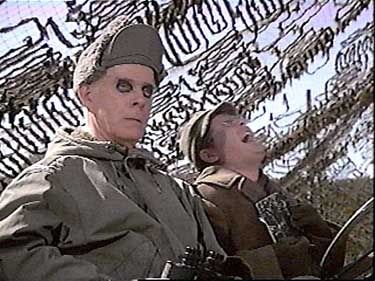 kids just for having a good time, or the boss who never sees anything even remotely funny about life at the office. Those contrasts add depth to both the characters and the story. Think about the serious TV shows you watch. Law Enforcement at all levels, lawyers arguing cases in court, doctors and nurses saving lives or firemen and other first responders in life or death situations – there are always moments of humor, even in drama. The perennial favorite, M.A.S.H. was all about the humor even while Alan Alda as Hawkeye Pierce tried to make a serious point about the futility and hell of war. kids just for having a good time, or the boss who never sees anything even remotely funny about life at the office. Those contrasts add depth to both the characters and the story. Think about the serious TV shows you watch. Law Enforcement at all levels, lawyers arguing cases in court, doctors and nurses saving lives or firemen and other first responders in life or death situations – there are always moments of humor, even in drama. The perennial favorite, M.A.S.H. was all about the humor even while Alan Alda as Hawkeye Pierce tried to make a serious point about the futility and hell of war.
XXX
 I’m no stand-up comedian, but my characters occasionally take matters into their own hands and do or say things that are funny, to lighten the mood, divert attention or just to show off their personality. They even surprise me. But most of the time, I use events that happen to me or people I know. I change the names to protect the innocent or not-so-innocent, but that’s where most of the humor in my books comes from. Just the other day my grandson, who just turned four and loves to vacuum – keeping in mind he requested a Dyson cordless stick vacuum cleaner for Christmas and Santa dutifully brought one. I had sent an Easter card with sparkly confetti inside that scattered all over the floor when the card was opened. Nicky shakes his head and mutters, “Grammy just likes to make a mess.” Coming from a four-year-old that’s the kind of humor anyone can relate to, and could be used in a fictional story. Years ago, my sister and I broke into a hotel in Inverness Scotland (a whole other tale) at 4 in the morning. One of these days I am going to find a way to weave that into a plot because, while it didn’t seem funny at the time, it’s funny in the retelling. I’m no stand-up comedian, but my characters occasionally take matters into their own hands and do or say things that are funny, to lighten the mood, divert attention or just to show off their personality. They even surprise me. But most of the time, I use events that happen to me or people I know. I change the names to protect the innocent or not-so-innocent, but that’s where most of the humor in my books comes from. Just the other day my grandson, who just turned four and loves to vacuum – keeping in mind he requested a Dyson cordless stick vacuum cleaner for Christmas and Santa dutifully brought one. I had sent an Easter card with sparkly confetti inside that scattered all over the floor when the card was opened. Nicky shakes his head and mutters, “Grammy just likes to make a mess.” Coming from a four-year-old that’s the kind of humor anyone can relate to, and could be used in a fictional story. Years ago, my sister and I broke into a hotel in Inverness Scotland (a whole other tale) at 4 in the morning. One of these days I am going to find a way to weave that into a plot because, while it didn’t seem funny at the time, it’s funny in the retelling.
XXX
 Due to the social distancing to slow the spread of Covid19 a friend of mine couldn’t spend Easter with her grandkids so she decided to sneak over to their house the night before to hide some Easter Eggs for them to find come morning. As she skulked around the yard hiding eggs it occurred to her to hope none of the neighbors saw her out there in the dark acting very suspicious and call the cops. So, you know, somewhere in Detective Jesse Quinn’s future, she’s going to end up responding to a call about an intruder and come upon a grandmother hiding eggs. Due to the social distancing to slow the spread of Covid19 a friend of mine couldn’t spend Easter with her grandkids so she decided to sneak over to their house the night before to hide some Easter Eggs for them to find come morning. As she skulked around the yard hiding eggs it occurred to her to hope none of the neighbors saw her out there in the dark acting very suspicious and call the cops. So, you know, somewhere in Detective Jesse Quinn’s future, she’s going to end up responding to a call about an intruder and come upon a grandmother hiding eggs.
XXX
 I wrote a whole blog once based on an event in my life called, The Dog Went AWOL. One of my best-read posts – I think I should start reporting more of the crazy events of my life. God knows there are plenty of them. But in the meantime, why not hop on over and check out how these authors use humor in their writing…. I wrote a whole blog once based on an event in my life called, The Dog Went AWOL. One of my best-read posts – I think I should start reporting more of the crazy events of my life. God knows there are plenty of them. But in the meantime, why not hop on over and check out how these authors use humor in their writing….
XXX
XXX
XXX
XXX
 Diane Bator Diane Bator
Beverley Bateman
Dr. Bob Rich
Connie Vines
Anne Stenhouse
Margaret Fieland
A.J. Maguire
Victoria Chatham
Judith Copek
Rhobin L Courtright
Saturday, March 21 2020
 And intriguing premise inspires me to buy the book and start reading, but what draws me in to the story and keeps me there is the cast of characters. If the reader can’t make me care if the protagonist succeeds and how they feel about what’s happening, then I lose interest quickly and put the book aside. And intriguing premise inspires me to buy the book and start reading, but what draws me in to the story and keeps me there is the cast of characters. If the reader can’t make me care if the protagonist succeeds and how they feel about what’s happening, then I lose interest quickly and put the book aside.
XX
 I think compelling characters are the core of a good story. I’ll admit there are some exceptions to this, but aren’t there always? I still read Lee Child’s stories even though there is nothing Jack Reacher wants more than to move on to the next town and we see very little emotion and no growth in his character. He does have a moral code most of us can relate to, so of course we want him to overcome and perhaps that’s what keeps us reading in spite of his lack of emotion, goals and dreams. But the stories that stay with me are the ones with deep point of view characters who have strengths and weakness, goals, desires, wounds and all those things that make us human. I think compelling characters are the core of a good story. I’ll admit there are some exceptions to this, but aren’t there always? I still read Lee Child’s stories even though there is nothing Jack Reacher wants more than to move on to the next town and we see very little emotion and no growth in his character. He does have a moral code most of us can relate to, so of course we want him to overcome and perhaps that’s what keeps us reading in spite of his lack of emotion, goals and dreams. But the stories that stay with me are the ones with deep point of view characters who have strengths and weakness, goals, desires, wounds and all those things that make us human.
XX
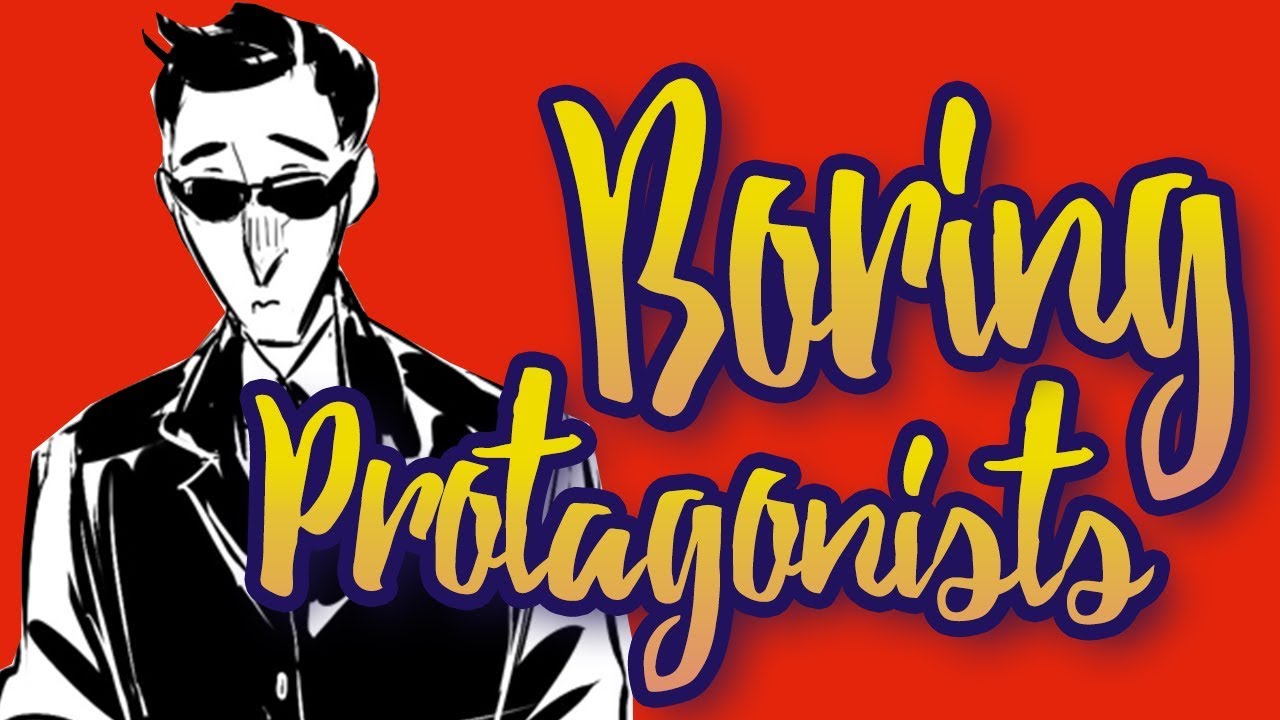 I once critiqued a book, one of a series several books long, but the only reason I stuck with it was because of that commitment to critique it. The so-called heroine was faced with one horror after another, her counterpart/husband likewise, but not at her side. They coped, but never seemed to “feel” anything. It was just one bad thing to get through after another with no grieving, no sense loss or triumph, no growth. The only character that held some promise was the villain’s henchman who had a glimmer of a conscience and I kept thinking he was going to change, but in the end, he caved to the demands of his boss and stopped thinking about the evil he was into. A huge disappointment to me. Nothing could have dragged me into the next book, not even a willingness to help another author. I once critiqued a book, one of a series several books long, but the only reason I stuck with it was because of that commitment to critique it. The so-called heroine was faced with one horror after another, her counterpart/husband likewise, but not at her side. They coped, but never seemed to “feel” anything. It was just one bad thing to get through after another with no grieving, no sense loss or triumph, no growth. The only character that held some promise was the villain’s henchman who had a glimmer of a conscience and I kept thinking he was going to change, but in the end, he caved to the demands of his boss and stopped thinking about the evil he was into. A huge disappointment to me. Nothing could have dragged me into the next book, not even a willingness to help another author.
XX
 I am currently reading another book with a very intriguing premise and variety of interesting characters who hold a great deal of promise, but the heroine is attacked at the start of the book by a psychiatric patient who carves his initial into her face to mark her as his. She escapes and eventually returns to the home she grew up in to recuperate. Everyone around her worries about how she will react when she sees the S carved into her cheek when the bandages come off. Then abruptly about two thirds of the way through the book, another point of view character mentions that the bandages have been left off and the wound is still raw and looks painful. But there is nothing in his point of view about his feelings and we never saw her feelings. We never even saw her remove the bandages and get her first look at the ravages of her face. How could she NOT be affected? Why do we never get to “feel” what she feels when she sees it? Why do those around her who have worried about her reaction not even wince when they see the scar? I feel like the author let me down here by hinting at her feelings but then not following through. I am currently reading another book with a very intriguing premise and variety of interesting characters who hold a great deal of promise, but the heroine is attacked at the start of the book by a psychiatric patient who carves his initial into her face to mark her as his. She escapes and eventually returns to the home she grew up in to recuperate. Everyone around her worries about how she will react when she sees the S carved into her cheek when the bandages come off. Then abruptly about two thirds of the way through the book, another point of view character mentions that the bandages have been left off and the wound is still raw and looks painful. But there is nothing in his point of view about his feelings and we never saw her feelings. We never even saw her remove the bandages and get her first look at the ravages of her face. How could she NOT be affected? Why do we never get to “feel” what she feels when she sees it? Why do those around her who have worried about her reaction not even wince when they see the scar? I feel like the author let me down here by hinting at her feelings but then not following through.
XX
 So, I guess what I’m trying to say is that I want to be swept into the story and made to feel what the characters are feeling. If they are afraid, I want to be afraid. If they are grieving, I want to be grieving. If they fall in love, I want to feel that wonderful feeling too. When they are about to make a horrible choice, I want to hear myself saying “NO! Don’t do it!” I want the author to make me hold my breath as the train comes roaring down the track and my heroine is struggling to remove the rope that ties her to the rail. That’s very cliché, I know, but I was listening to an action/adventure story on audio once while I was on my way to a meeting. I pulled into the parking lot, grabbed my gear and dashed to the meeting as if I were late and everyone was just waiting on me, only to find the room nearly empty and me early (for a change.) As I stood there, my heart still pounding and the adrenalin beginning to wear off, I realized that feeling of urgency had been in the book I was listening to, not the situation I was actually in personally. That’s the kind of writing that pulls me into a book and keeps me there. I was the one being hunted down by a hit-man while trying to complete the mission I’d been given. So, I guess what I’m trying to say is that I want to be swept into the story and made to feel what the characters are feeling. If they are afraid, I want to be afraid. If they are grieving, I want to be grieving. If they fall in love, I want to feel that wonderful feeling too. When they are about to make a horrible choice, I want to hear myself saying “NO! Don’t do it!” I want the author to make me hold my breath as the train comes roaring down the track and my heroine is struggling to remove the rope that ties her to the rail. That’s very cliché, I know, but I was listening to an action/adventure story on audio once while I was on my way to a meeting. I pulled into the parking lot, grabbed my gear and dashed to the meeting as if I were late and everyone was just waiting on me, only to find the room nearly empty and me early (for a change.) As I stood there, my heart still pounding and the adrenalin beginning to wear off, I realized that feeling of urgency had been in the book I was listening to, not the situation I was actually in personally. That’s the kind of writing that pulls me into a book and keeps me there. I was the one being hunted down by a hit-man while trying to complete the mission I’d been given.
XX
 Long before Outlander became all the rage on Starz and Sam Heughan became Jamie Fraser to the fans of the series, I read the books and was drawn right into the lives of Jamie and Clair, Murtagh, Jennie, Ian and the rest of the clan. I might not have actually felt the lashes on Jamie’s back as he was whipped, but I felt the anguish in his soul. I felt the tears on Clair’s face – or maybe they were on mine. I “felt” them falling in love, experienced the frustration and horror Clair experienced as she adjusted to a time very unlike her own, and began to understand the sense of obligation Jamie felt to his Long before Outlander became all the rage on Starz and Sam Heughan became Jamie Fraser to the fans of the series, I read the books and was drawn right into the lives of Jamie and Clair, Murtagh, Jennie, Ian and the rest of the clan. I might not have actually felt the lashes on Jamie’s back as he was whipped, but I felt the anguish in his soul. I felt the tears on Clair’s face – or maybe they were on mine. I “felt” them falling in love, experienced the frustration and horror Clair experienced as she adjusted to a time very unlike her own, and began to understand the sense of obligation Jamie felt to his  clan. That’s the kind of thing that draws me into a book. As a child, Johanna Spyri made me want desperately to “BE” Heidi. I just knew that mountain was where life was great. I wanted to spend my days with Peter and my nights with The Grandfather, because Spyri drew me into Heidi’s head and heart, showing me her fears and loves and experiencing her struggles and her triumphs. clan. That’s the kind of thing that draws me into a book. As a child, Johanna Spyri made me want desperately to “BE” Heidi. I just knew that mountain was where life was great. I wanted to spend my days with Peter and my nights with The Grandfather, because Spyri drew me into Heidi’s head and heart, showing me her fears and loves and experiencing her struggles and her triumphs.
XX
Outside of the author using deep point of view and pulling me into the lives of her characters, letting me experience the story rather than just them telling it, often it’s the kind of characters who people a story. The types of characters that appeal to me are not the Adonises that appear on the covers of romances, but the men who have morals and courage, yet have broken, hurting pieces, doubts, fears and justifiable needs to succeed. The same goes for female characters. I don’t need them to be gorgeous or sexier than anyone I’ve ever met. But I do need them not to be wimpy, subservient, watering pots. I want them to have their flaws, of course, but also a sense of who they are as individuals, what they want and how much they are willing to sacrifice to get it. One reason I never read books about billionaires is because I don’t find money and wealth compelling. I want to relate to the characters and I can’t relate to someone so out of my league that I can’t imagine their lifestyle no matter how well the author describes it.
XX
 I have never personally been in the military, but I can relate to the sense of purpose and a calling to serve that a soldier, sailor, airman or Marine feels, so reading stories of men and women who serve in uniform appeals to be because it could be me. The single mom who struggles to make a life for her kids and still have one herself is relatable because I’ve been there, done that. The anguish of a man who did his best to be a good husband and father and ends up with nothing when his wife I have never personally been in the military, but I can relate to the sense of purpose and a calling to serve that a soldier, sailor, airman or Marine feels, so reading stories of men and women who serve in uniform appeals to be because it could be me. The single mom who struggles to make a life for her kids and still have one herself is relatable because I’ve been there, done that. The anguish of a man who did his best to be a good husband and father and ends up with nothing when his wife  divorces him, the man or woman who had a dream to start their own business and struggles against all kinds of odds, the lonely older person, with their family scattered, the beat cop who sees the worst of the worst and still hangs on to his or her ideals – these are all characters I can relate to. These are the kinds of men and women who keep me turning pages, cheering them on, crying over their heartbreaks, wanting to hug them and offer solace when things are tough, and then finding a thoroughly satisfying ending when they succeed in the end. I want to meet characters in every book that leave me feeling like my best friends just moved far away when the book ends. MAKE ME CARE! divorces him, the man or woman who had a dream to start their own business and struggles against all kinds of odds, the lonely older person, with their family scattered, the beat cop who sees the worst of the worst and still hangs on to his or her ideals – these are all characters I can relate to. These are the kinds of men and women who keep me turning pages, cheering them on, crying over their heartbreaks, wanting to hug them and offer solace when things are tough, and then finding a thoroughly satisfying ending when they succeed in the end. I want to meet characters in every book that leave me feeling like my best friends just moved far away when the book ends. MAKE ME CARE!
XX
 Now you know what grabs me in a book, check out what appeals to these authors: Now you know what grabs me in a book, check out what appeals to these authors:
XX
Victoria Chatham
Helena Fairfax
Judith Copek
Diane Bator
Dr. Bob Rich
Fiona McGier
Rhobin L Courtright
Connie Vines
Saturday, February 22 2020
 Current trends that might or have already end up in a story or another take: How should fiction set in today’s times treat politics? Current trends that might or have already end up in a story or another take: How should fiction set in today’s times treat politics?
XX
This month’s topic is a tough one, for a variety of reasons. Let’s take the last question first. Personally, unless you are writing non-fiction and essays aimed at informing people about current realities, I think it’s smarter to stay out of politics. At least the specific and often radical viewpoints. We no longer live in a society where civil debate is possible.  Take a stand and you are immediately demonized by those who disagree. No matter which side you’re on, a writer is bound to alienate half their readership by supporting or denying a current political reality. For instance, take a romance with a heroine who is adamantly pro-Trump, there are going to be huge numbers of women (the bulk of romance readership) who hate the heroine right from the start and aren’t likely to have any sympathy for whatever her conflict is. Portray a hero who thinks Ocasio-Cortez should be running for president and the push-back from the other side will be equally devastating. Take a stand and you are immediately demonized by those who disagree. No matter which side you’re on, a writer is bound to alienate half their readership by supporting or denying a current political reality. For instance, take a romance with a heroine who is adamantly pro-Trump, there are going to be huge numbers of women (the bulk of romance readership) who hate the heroine right from the start and aren’t likely to have any sympathy for whatever her conflict is. Portray a hero who thinks Ocasio-Cortez should be running for president and the push-back from the other side will be equally devastating.
XX
 I happen to be interested in history and everything I’ve read informs me that socialism in all its manifestations has ruined every society and government that has embraced it, yet far too many people today know nothing of history and don’t care to learn, so the promises of increasingly left-leaning socialist candidates seem perfectly logical, humane and acceptable. There is no middle ground anymore and moderates are ignored or shouted down. Should an author include this current political trend in a novel, they’d have to take a side, and again, either way, they’d manage to alienate many of their readers. Best-selling author Suzanne Brockmann wrote a series I happen to be interested in history and everything I’ve read informs me that socialism in all its manifestations has ruined every society and government that has embraced it, yet far too many people today know nothing of history and don’t care to learn, so the promises of increasingly left-leaning socialist candidates seem perfectly logical, humane and acceptable. There is no middle ground anymore and moderates are ignored or shouted down. Should an author include this current political trend in a novel, they’d have to take a side, and again, either way, they’d manage to alienate many of their readers. Best-selling author Suzanne Brockmann wrote a series  listed as romantic suspense that has a wonderful cast of characters, one of which happens to be gay. He was a delightful secondary character that most readers enjoyed having in the story. But then Ms. Brockmann began using her series as a platform to promote the gay lifestyle and the books began to feature love stories between gay men and include more graphic depictions of gay love. Many romance readers were turned off by that alone. Other readers were turned off by her using her best-selling series and status to promote an agenda they did not support or believe in. Given her millions of books sold and supported by a well-known publishing house, all those lost fans probably don’t worry her at all, but the same reactions could seriously impact a fledgling or struggling author. listed as romantic suspense that has a wonderful cast of characters, one of which happens to be gay. He was a delightful secondary character that most readers enjoyed having in the story. But then Ms. Brockmann began using her series as a platform to promote the gay lifestyle and the books began to feature love stories between gay men and include more graphic depictions of gay love. Many romance readers were turned off by that alone. Other readers were turned off by her using her best-selling series and status to promote an agenda they did not support or believe in. Given her millions of books sold and supported by a well-known publishing house, all those lost fans probably don’t worry her at all, but the same reactions could seriously impact a fledgling or struggling author.
XX
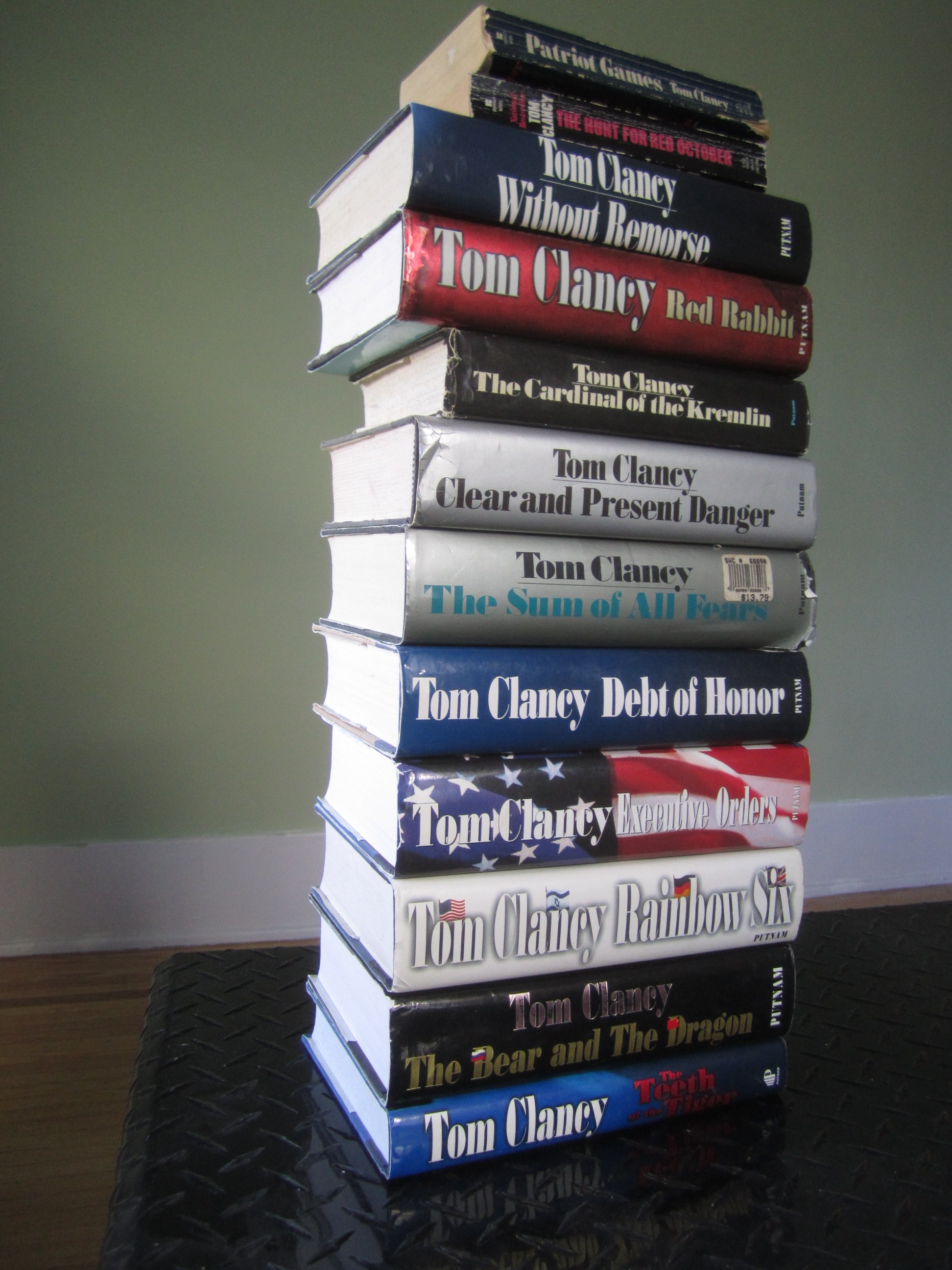 Some genre’s might not be such fertile ground for dissention. If you’re writing an international thriller, and your hero is a well-trained operative going after what most of us consider a terrorist the reader is more than likely to be on his side from page one. Sci-fi and paranormal are already outside the realm of reality and young adult is mostly focused on the issues of coming of age teens and twenty-somethings, so perhaps none of those get close enough to the issues that inflame. Historical fiction is totally unbound by current trends except where an author needs to skim over realities that would offend today’s sensibilities. And then there are niche genres: military, law enforcement, etc., that already have the dedicated support of those who read that kind of story, and have no issues with the stand taken. Some genre’s might not be such fertile ground for dissention. If you’re writing an international thriller, and your hero is a well-trained operative going after what most of us consider a terrorist the reader is more than likely to be on his side from page one. Sci-fi and paranormal are already outside the realm of reality and young adult is mostly focused on the issues of coming of age teens and twenty-somethings, so perhaps none of those get close enough to the issues that inflame. Historical fiction is totally unbound by current trends except where an author needs to skim over realities that would offend today’s sensibilities. And then there are niche genres: military, law enforcement, etc., that already have the dedicated support of those who read that kind of story, and have no issues with the stand taken.
XX
So, now to discuss the first part of this month’s topic: Current trends. The biggest problem with any current trend is just that it is current. Meaning before long it will not be current. Is the trend the major source of conflict in the story? Will it even be relevant in a year or two or ten? Should a writer consider how long their book will be timely? Will the story still be compelling when trend changes? Perhaps we all grow up thinking the world we know is more or less the way it always was before us and is unlikely to change, but just think about the difference in childhood alone.
XX
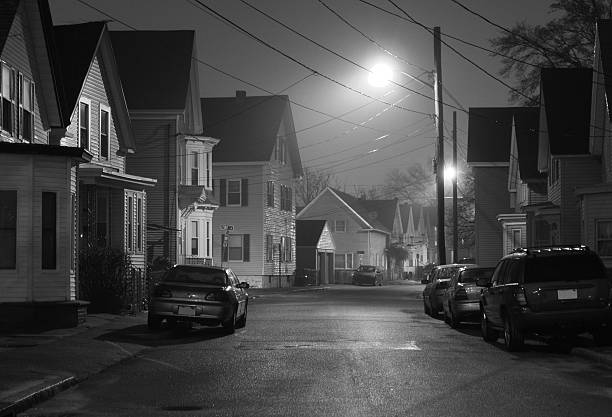 I’m old enough to remember leaving my house on a Saturday morning to explore any adventure that came my way, getting a PB&J from someone else’s mom, and not showing up at my own house again until the street lights came on. Mothers of today’s kids would be horrified by the idea. My mom would have been nonplussed by the trend of moms working unless they were teachers or nurses and even that was after their kids were school age. Today’s young mothers can’t conceive of staying home and interrupting their careers. Day care has become a norm and often its someone besides mom who feeds a child their first Cheerio or watches them take their first steps. I doubt the ways of my youth and that of my children will ever return, but what is the landscape going to look like in 10 or 15 years? In the 1960s nearly 95% of children were born to married couples. Today 40% are born to unmarried mothers. Perhaps the commitment of marriage will become a thing of the past as well. I’m old enough to remember leaving my house on a Saturday morning to explore any adventure that came my way, getting a PB&J from someone else’s mom, and not showing up at my own house again until the street lights came on. Mothers of today’s kids would be horrified by the idea. My mom would have been nonplussed by the trend of moms working unless they were teachers or nurses and even that was after their kids were school age. Today’s young mothers can’t conceive of staying home and interrupting their careers. Day care has become a norm and often its someone besides mom who feeds a child their first Cheerio or watches them take their first steps. I doubt the ways of my youth and that of my children will ever return, but what is the landscape going to look like in 10 or 15 years? In the 1960s nearly 95% of children were born to married couples. Today 40% are born to unmarried mothers. Perhaps the commitment of marriage will become a thing of the past as well.
XX
 Some of today’s trends provide the conflict for the story. Fifty years ago, it would not have been possible to write a successful story with a hero who disrespected law enforcement, nor a heroine soldier often separated from her husband and children by deployments to a war zone, nor a gay couple fostering troubled teens, -- all good themes with strong conflict and hopefully satisfying resolutions. Some of today’s trends provide the conflict for the story. Fifty years ago, it would not have been possible to write a successful story with a hero who disrespected law enforcement, nor a heroine soldier often separated from her husband and children by deployments to a war zone, nor a gay couple fostering troubled teens, -- all good themes with strong conflict and hopefully satisfying resolutions.
XX
 But the hardest trend of all for a writer to overcome are the expectations of instant gratification that our rapidly changing world of technology has fostered. Gone with the Wind and so many other great classics would never have made it to print had they been written today. Everyone carries a mini-computer in their pocket with instant access to just about anything. Television caters to this with constant action, skipping over the slow and boring realities of whatever story they are telling. We have come to expect everything in our lives to happen right now, including being captivated by a story in a book. A writer can’t spend a whole chapter or even a whole page setting the scene. Instead he or she must open with something happening – the inciting incident – and fill in the scene setting details afterward as sparingly as possible without But the hardest trend of all for a writer to overcome are the expectations of instant gratification that our rapidly changing world of technology has fostered. Gone with the Wind and so many other great classics would never have made it to print had they been written today. Everyone carries a mini-computer in their pocket with instant access to just about anything. Television caters to this with constant action, skipping over the slow and boring realities of whatever story they are telling. We have come to expect everything in our lives to happen right now, including being captivated by a story in a book. A writer can’t spend a whole chapter or even a whole page setting the scene. Instead he or she must open with something happening – the inciting incident – and fill in the scene setting details afterward as sparingly as possible without  leaving the reader no anchor for their imagination. Just like with dating – once a careful courting, getting to know one another, culminating in the kiss and then the sex (or originally the wedding first.) Now sex seems to drive the process and shows up at the first meeting. Our stories need to have that same heart-pounding, cliff-hanging intensity right from the first page and don’t let up or give the reader any chance to put the book down in favor of a video game or something on reality TV. leaving the reader no anchor for their imagination. Just like with dating – once a careful courting, getting to know one another, culminating in the kiss and then the sex (or originally the wedding first.) Now sex seems to drive the process and shows up at the first meeting. Our stories need to have that same heart-pounding, cliff-hanging intensity right from the first page and don’t let up or give the reader any chance to put the book down in favor of a video game or something on reality TV.
XX
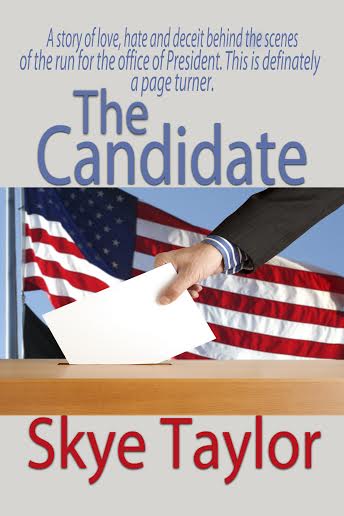 In my own writing, I’ve tried to follow my own advice. Even my political suspense is actually less about politics than it is about one man’s struggle with a personal issue, his own integrity and standing up for what he believes is right. My contemporary romance series is about people. About a family and the interactions. Set against the backdrop of a small coastal town where most people think they’d enjoy living or at least visiting. The issues my law enforcement hero deals with on the job aren’t a statement about current anything, and my heroine coping with PTSD could be anyone dealing with trauma and the impact it has on personal and family life. My new series, murder mysteries, will hopefully continue to avoid divisive issues and just give my readers a In my own writing, I’ve tried to follow my own advice. Even my political suspense is actually less about politics than it is about one man’s struggle with a personal issue, his own integrity and standing up for what he believes is right. My contemporary romance series is about people. About a family and the interactions. Set against the backdrop of a small coastal town where most people think they’d enjoy living or at least visiting. The issues my law enforcement hero deals with on the job aren’t a statement about current anything, and my heroine coping with PTSD could be anyone dealing with trauma and the impact it has on personal and family life. My new series, murder mysteries, will hopefully continue to avoid divisive issues and just give my readers a
XX
Hop on over to see what wisdom these writers offer:
Connie Vines
Dr. Bob Rich
Fiona McGier
Rhobin Courtright
Judith Copek
Saturday, January 25 2020
This month’s Round Robin Blog Hop asks the question: How can contemporary fiction cope with the rapid changes of today’s world?
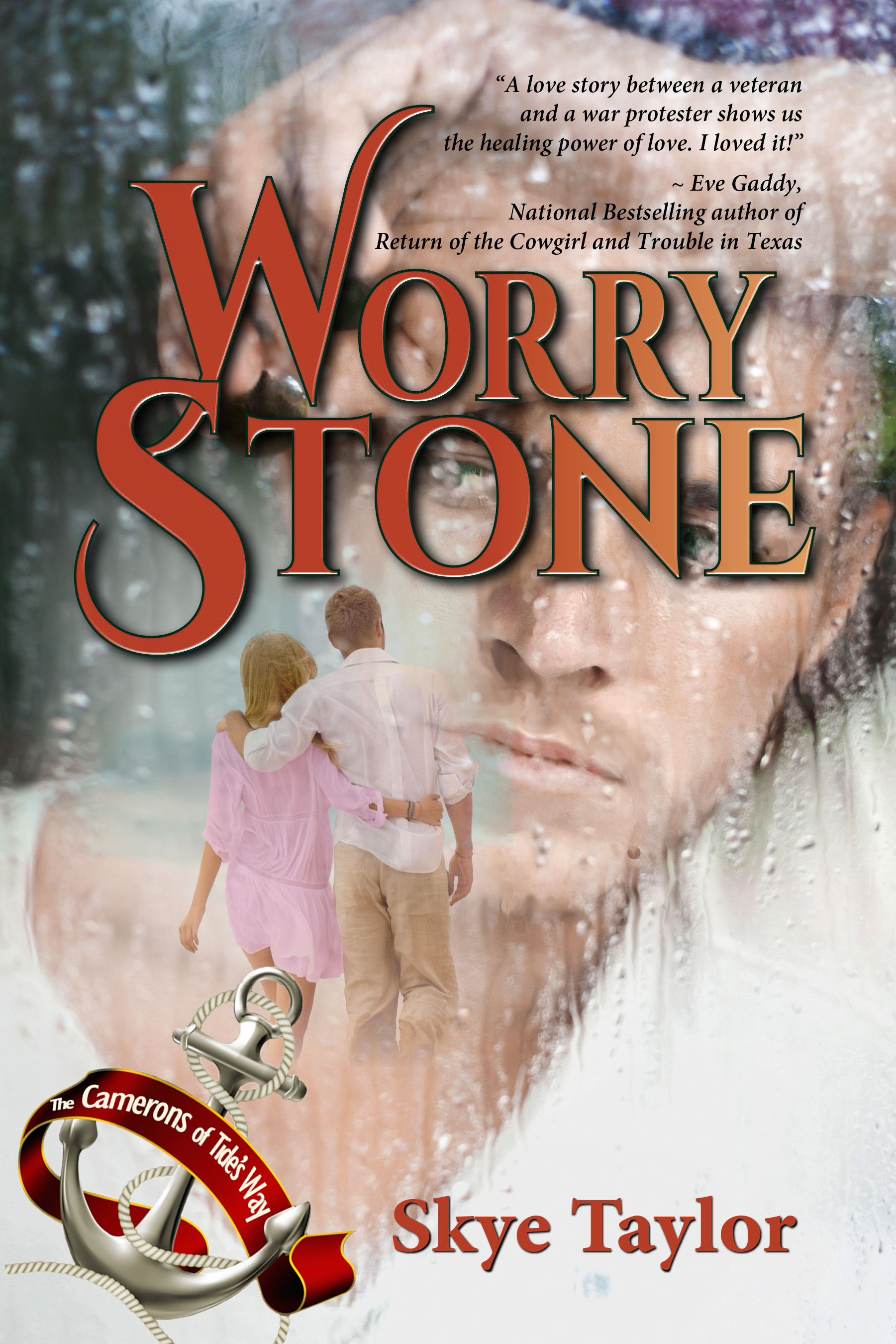 Well, I’m not sure it can. Or should. Some stories are just better told in a setting two years ago, or ten, or twenty. One of my best stories, one that ended up winning silver at the Royal Palm Literary Awards last fall, takes place partly in the present and partly in the the 1970s. I once pitched it to an editor who loved the premise but asked if I could set it during the current overseas wars instead of during the turbulent times of the Vietnam War. While I respect the expertise and experience of good editors and agents, I didn’t for even a Well, I’m not sure it can. Or should. Some stories are just better told in a setting two years ago, or ten, or twenty. One of my best stories, one that ended up winning silver at the Royal Palm Literary Awards last fall, takes place partly in the present and partly in the the 1970s. I once pitched it to an editor who loved the premise but asked if I could set it during the current overseas wars instead of during the turbulent times of the Vietnam War. While I respect the expertise and experience of good editors and agents, I didn’t for even a  heartbeat consider reworking this story because the way our country treated soldiers returning from Vietnam was appallingly different from those coming home after WWII or today’s wars in the Middle East and that aspect was a key conflict for my hero. By changing that time frame, I would have lost much of the story, and lessened the satisfaction of the resolution. So “Keeping Up” with today’s changes would have made it a very different story. heartbeat consider reworking this story because the way our country treated soldiers returning from Vietnam was appallingly different from those coming home after WWII or today’s wars in the Middle East and that aspect was a key conflict for my hero. By changing that time frame, I would have lost much of the story, and lessened the satisfaction of the resolution. So “Keeping Up” with today’s changes would have made it a very different story.
XXX
On the other hand, there can often be a universal theme to a story that fits today, last year, last century or even in the years to come, and all you need to make it current are secondary plots that address today’s issues. That said, however, once you use a current event or theme, you anchor the book in a specific era. Today you might write a romance where the heroine is deeply concerned  about the issue of Global Warming and this drives her goal, motivation and conflict. But will this still be as compelling in twenty years as it is today? Already people are beginning to forget the collective shock and the following patriotism of 9/11. Others are denying the holocaust ever happened. I had a friend recently remark after binge watching old about the issue of Global Warming and this drives her goal, motivation and conflict. But will this still be as compelling in twenty years as it is today? Already people are beginning to forget the collective shock and the following patriotism of 9/11. Others are denying the holocaust ever happened. I had a friend recently remark after binge watching old  black and white TV series while she was recovering from surgery that what hit her was how prevalent cigarette smoking was. Everyone did it. All the time. Everywhere. Today people are just as obsessed with drinking water from plastic bottles bought by the case, so a book where someone filled a glass at the sink would date the story and who knows if this obsession will still be in vogue two years from now when perhaps everyone in the country has a built-in filter systems, much like they have AC today, but didn’t have it as a regular thing 30 years ago. black and white TV series while she was recovering from surgery that what hit her was how prevalent cigarette smoking was. Everyone did it. All the time. Everywhere. Today people are just as obsessed with drinking water from plastic bottles bought by the case, so a book where someone filled a glass at the sink would date the story and who knows if this obsession will still be in vogue two years from now when perhaps everyone in the country has a built-in filter systems, much like they have AC today, but didn’t have it as a regular thing 30 years ago.
XXX
Bottom line for me is there is NO WAY to keep up with the rapid changes in today’s world without permanently linking your story to a specific era – today’s era – which might be very different next year, or even next month. Our world adds something radically new  every day. A cure for cancer might be discovered tomorrow. Cars that drive themselves are cutting edge today but five years from now we might be appalled that anyone actually drives a car that does not have it. I read an essay last month about a guy on a business trip who decided to use only the technology available in 2010, just to see how much had changed in ten years. Among other things, he had to ASK people how to get places and then hope their directions were accurate or easy to follow. No Google Maps. And remember the Blackberry? Or go back a bit further when doctors on call wore pagers? Or 20 volume encyclopedia sets lined a bookshelf in many homes and all libraries. every day. A cure for cancer might be discovered tomorrow. Cars that drive themselves are cutting edge today but five years from now we might be appalled that anyone actually drives a car that does not have it. I read an essay last month about a guy on a business trip who decided to use only the technology available in 2010, just to see how much had changed in ten years. Among other things, he had to ASK people how to get places and then hope their directions were accurate or easy to follow. No Google Maps. And remember the Blackberry? Or go back a bit further when doctors on call wore pagers? Or 20 volume encyclopedia sets lined a bookshelf in many homes and all libraries.
XXX
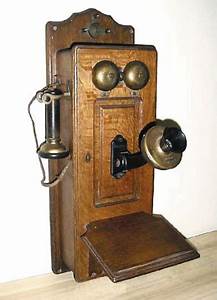 I used to marvel at the incredible changes my grandmother had experienced as her life unfolded. She was born in 1886. Telephones were brand new at the time and radios hadn’t arrived. Nor had automobiles or airplanes. Yet she lived to be 102, well into the age of television, computers and I used to marvel at the incredible changes my grandmother had experienced as her life unfolded. She was born in 1886. Telephones were brand new at the time and radios hadn’t arrived. Nor had automobiles or airplanes. Yet she lived to be 102, well into the age of television, computers and  space travel. Now I think back on my own life, not nearly as long as hers (yet) and I remember my pediatrician making house calls, walking home from school for lunch, kids loose in the back seat of cars on the move, roller skating and biking without helmets, drive-in theaters and so many other things that no longer happen. So, unless you are writing a story with no setting details - and how boring would that be? – then keeping up with our rapidly changing world doesn’t really make a difference in your stories. What’s important is creating characters readers care about and plots that are compelling, whatever era they are set in, with whatever technology is appropriate for the story, against the backdrop of whatever current social world works to help drive the plot and the characters in their quest to reach their goals and find resolution. space travel. Now I think back on my own life, not nearly as long as hers (yet) and I remember my pediatrician making house calls, walking home from school for lunch, kids loose in the back seat of cars on the move, roller skating and biking without helmets, drive-in theaters and so many other things that no longer happen. So, unless you are writing a story with no setting details - and how boring would that be? – then keeping up with our rapidly changing world doesn’t really make a difference in your stories. What’s important is creating characters readers care about and plots that are compelling, whatever era they are set in, with whatever technology is appropriate for the story, against the backdrop of whatever current social world works to help drive the plot and the characters in their quest to reach their goals and find resolution.
XXX
 But maybe some of these other authors have a different take on the question. Perhaps they are addressing the changes in the publishing world which is just as dramatic and different as everything else. So, hop on over and check them out. And, WELCOME TO 2020. But maybe some of these other authors have a different take on the question. Perhaps they are addressing the changes in the publishing world which is just as dramatic and different as everything else. So, hop on over and check them out. And, WELCOME TO 2020.
XXX
Dr. Bob Rich
Helena Fairfax
Connie Vines
Judith Copek
Beverley Bateman
Fiona McGier
Anne Stenhouse
Rhobin L Courtright
Saturday, December 28 2019
 In the year 2000 my friend Cathy and I welcomed the new century and a new millenia in Times Square New York. I like to tell folk I kissed an angel on New Year's Eve in Times Square as the century changed . . . because I sorta did. While we waited for midnight to arrive we watched celebrations in Sydney Australia, Bangkok and Singapore, over the Eiffle Tower and London Bridge and Halifax Nova Scotia and a bunch of places in between on giant screens erected along Broadway. But the man we had befriended, a pilot more used to the climate of Dallas and Buenos Aires, was poorly dressed for a chilly December night in New York City so we found ourselves a subway grate to stand on and stay warm. Then at midnight this fun and fascinating man kissed us both. And his name just happened to be Angel. In the year 2000 my friend Cathy and I welcomed the new century and a new millenia in Times Square New York. I like to tell folk I kissed an angel on New Year's Eve in Times Square as the century changed . . . because I sorta did. While we waited for midnight to arrive we watched celebrations in Sydney Australia, Bangkok and Singapore, over the Eiffle Tower and London Bridge and Halifax Nova Scotia and a bunch of places in between on giant screens erected along Broadway. But the man we had befriended, a pilot more used to the climate of Dallas and Buenos Aires, was poorly dressed for a chilly December night in New York City so we found ourselves a subway grate to stand on and stay warm. Then at midnight this fun and fascinating man kissed us both. And his name just happened to be Angel.
 Two years later the United States Peace Corps sent me to the South Pacific, to a Polynesian Island nation called Tonga. A long way from Times Square and a whole lot warmer. The New Year in Tonga is celebrated with the ringing of church bells and young men making little explosions in the bottoms of the long hollow shoots of Bamboo that could be heard all over the island. As it turns out, I'll be back in Tonga this New Year's Eve, visiting the family that shared their home with me for the two years I served with the Peace Corps. It's hard to believe it's been 20 years since I kissed an Angel in Times Square, or even 18 since I celebrated with my Tongan family, but as you read this blog, I'll be in the air, somewhere over the Pacific, arriving on my little island just in time to welcome the New Year Tongan style again. And I wish you all, my family, friends, fellow bloggers and authors, a wonderful, prosperous and healthy 2020. Two years later the United States Peace Corps sent me to the South Pacific, to a Polynesian Island nation called Tonga. A long way from Times Square and a whole lot warmer. The New Year in Tonga is celebrated with the ringing of church bells and young men making little explosions in the bottoms of the long hollow shoots of Bamboo that could be heard all over the island. As it turns out, I'll be back in Tonga this New Year's Eve, visiting the family that shared their home with me for the two years I served with the Peace Corps. It's hard to believe it's been 20 years since I kissed an Angel in Times Square, or even 18 since I celebrated with my Tongan family, but as you read this blog, I'll be in the air, somewhere over the Pacific, arriving on my little island just in time to welcome the New Year Tongan style again. And I wish you all, my family, friends, fellow bloggers and authors, a wonderful, prosperous and healthy 2020.
And because we are sharing a short story or an excerpt for the December 2019 Blog Hop - here's a Christmas story I wrote that I hope you will enjoy, called Santa's Helper.
 The little girl climbed up into Santa’s lap and carefully smoothed her skirt over her knees. The little girl climbed up into Santa’s lap and carefully smoothed her skirt over her knees.
“I know you aren’t really Santa Claus,” she whispered into Santa’s ear.
Lt. James “Mac” MacAlister leaned back and peered down at the girl from under the bushy white eyebrows someone had stuck on over his own sandy brows. This was not an accusation he’d been prepared for when he signed on to do this gig with the Toys for Tots program.
Mac gave the thin young shoulders a hug and confided, “I’m one of Santa’s elves. Santa Claus can’t be everywhere at once and right now he’s busy at the North Pole. So he sent me to find out what all the good boys and girls wanted him to put on his list.”
“Is that why your suit doesn’t fit so well?”
“What gave me away?” He chuckled in his best Santa imitation.
“You feel like my daddy used to,” she said poking at Mac’s muscular, very unSanta-like belly.
Mac wondered if her father was a fellow Marine, or perhaps just liked to work out. Either way, she made it sound as if the man was no longer with the family.
“What would you like Santa to bring you?” he asked, trying to redirect the conversation.
 “I don’t need anything. Not really . . .” she trailed off wistfully. “But my brother wants one of these.” She pulled a tattered page from a toy catalog out of her pocket and spread it out for him to see. It featured a Tonka Dessert Fox SUV. “He’s still too little, and he doesn’t understand why Daddy can’t come home. And Mommy says Santa Claus isn’t coming to our house this year, either.” “I don’t need anything. Not really . . .” she trailed off wistfully. “But my brother wants one of these.” She pulled a tattered page from a toy catalog out of her pocket and spread it out for him to see. It featured a Tonka Dessert Fox SUV. “He’s still too little, and he doesn’t understand why Daddy can’t come home. And Mommy says Santa Claus isn’t coming to our house this year, either.”
Tears prickled unexpectedly in Mac’s eyes. He blinked them away and gave the little girl another hug. “Surely there must be something you would like?”
 The girl folded the page from the catalog and pressed it into Mac’s hand. “Just the truck for Sammy. Even Santa Claus can’t bring my daddy back in time for my dance recital, and that’s all I wanted. Except maybe—” she paused, then added in a hurried, hushed little voice, “maybe a new pair of ballet shoes.” The girl folded the page from the catalog and pressed it into Mac’s hand. “Just the truck for Sammy. Even Santa Claus can’t bring my daddy back in time for my dance recital, and that’s all I wanted. Except maybe—” she paused, then added in a hurried, hushed little voice, “maybe a new pair of ballet shoes.”
Mac produced two Tootsie Pops from his voluminous pocket. “One for you and one for your brother. And I’ll be sure that Santa Claus gets your message, but I need to know your name so he’ll be sure to deliver the truck to the right house.”
“It’s Maggie,” the girl chirped as she slid off Mac’s lap. “Maggie Reynolds.”
~~~~~
The Dessert Fox SUV was easy. Finding out where Maggie Reynolds lived wasn’t hard either. Discovering the whereabouts and status of Maggie’s father was the challenge. But Mac wasn’t in Intelligence for nothing.
 It turned out that Sergeant Don Reynolds was stationed in the Middle East, seven months into a year-long tour. His wife was pregnant with their third child who was due in less than a month, and money was tight. It turned out that Sergeant Don Reynolds was stationed in the Middle East, seven months into a year-long tour. His wife was pregnant with their third child who was due in less than a month, and money was tight.
Mac did some more recon to discover what Maggie’s mother needed most in the way of assistance. He sent his own Marine elf, aka Sergeant Trisha Burke, out to find the SUV for Sammy and a new car seat for the coming infant. He got another buddy to promise a total overhaul of the family’s aging vehicle and paid a local nursery to deliver a tree to the Reynolds home. Toys for Tots would put a few things under the tree, but there was one other surprise Mac had in the works. He hoped he could pull it off. Perhaps he could change Maggie’s mind about the scope of Santa’s powers.
~~~~~
 Maggie hurried to her spot. She fluffed the spangled tutu and peered over the ruffles to gaze yet again at the brand new ballet shoes that had appeared on her doorstep just that morning. They were exactly the right size, and they had ribbons that matched her tutu perfectly. How had Santa Claus known? Maggie hurried to her spot. She fluffed the spangled tutu and peered over the ruffles to gaze yet again at the brand new ballet shoes that had appeared on her doorstep just that morning. They were exactly the right size, and they had ribbons that matched her tutu perfectly. How had Santa Claus known?
If only Daddy could have seen her dance tonight, then her Christmas would have been the best ever.
As the curtains began to part, the music started. Maggie quickly placed her feet in the correct position and raised her arms into an arch above her head. She lifted her chin, determined to smile and pretend that Daddy was sitting in the front row like he’d promised. The curtains parted, and she pointed her toe to begin the dance.
Then she hesitated. Her heart thumped in her chest, and tears slipped down her cheeks. There, in the front row, holding Mommy’s hand sat a Marine in his best blue uniform clutching an enormous bouquet of pink roses.
XX
Santa Claus had brought Daddy home in time after all. 
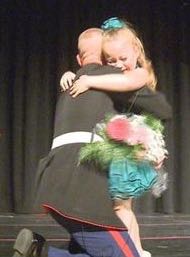
For more Short stories and excerpts - hop on over to these bloggers:
 Victoria Chatham Victoria Chatham
Marci Baun
Dr. Bob Rich
Anne Stenhouse
A.J. Maguire
Fiona McGier
Beverley Bateman
Diane Bator
Rhobin L Courtright
Connie Vines
Saturday, November 23 2019
November's Round Robin Blog asks the question: What is the oddest or most unique character you
have ever dreamed up, and how did they fit into a story?
XXX
 My stories have featured a number of odd characters, many of whom are walk-ons. They don’t appear in the preparation work for character sketches, but suddenly, part way through the book, there they are. And always for a reason. Sometimes for comic relief. Sometimes because your hero or heroine needs a reality check. And most often just because they popped into your head, so vivid and real they just had to be included. My stories have featured a number of odd characters, many of whom are walk-ons. They don’t appear in the preparation work for character sketches, but suddenly, part way through the book, there they are. And always for a reason. Sometimes for comic relief. Sometimes because your hero or heroine needs a reality check. And most often just because they popped into your head, so vivid and real they just had to be included.
XXX
 Not odd in any way, but certainly my most unique character is Kip, a police K-9, grieving for his partner lost in the line of duty. Kip is a German Shepherd with valuable service years behind him, but the trauma of losing his partner has left him unfit for service unless my hero, Ben Cameron, who raises and trains dogs for police work can rehabilitate him. Kip wasn’t in my original outline either, but Ben’s wife, Meg, is a Marine lieutenant, recently returned from service in the Middle East. She came home burdened with guilt over the loss of the shepherd attached to her unit when an IED that she felt she should have suspected before the dog found it exploded. Now the dogs in her husband’s kennel just exacerbate that guilt and the nightmares she suffers. And then there is Kip wandering about the house looking as lost as she feels. Not odd in any way, but certainly my most unique character is Kip, a police K-9, grieving for his partner lost in the line of duty. Kip is a German Shepherd with valuable service years behind him, but the trauma of losing his partner has left him unfit for service unless my hero, Ben Cameron, who raises and trains dogs for police work can rehabilitate him. Kip wasn’t in my original outline either, but Ben’s wife, Meg, is a Marine lieutenant, recently returned from service in the Middle East. She came home burdened with guilt over the loss of the shepherd attached to her unit when an IED that she felt she should have suspected before the dog found it exploded. Now the dogs in her husband’s kennel just exacerbate that guilt and the nightmares she suffers. And then there is Kip wandering about the house looking as lost as she feels.
XXX
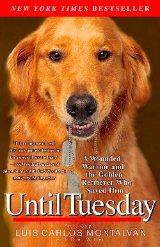 Years ago, I read the book The Things They Carried by Tim O’Brien. It’s a classic piece of literature that gives those who have never gone to war a glimpse into the minds and wounds of those who have, especially the wounds that don’t show, the ones soldiers don’t talk about much. Also, part of my research for Loving Meg took me to another newer classic, Until Tuesday by Luis Carlos Montalván, a warrior so crippled by injury and PTSD that just getting himself to the VA for treatment was a nightmare expedition. Tuesday is the beautiful golden retriever that made his life bearable and inspired him to reach out to help others. Then I checked out a local non-profit that rescues suitable dogs from shelters and retrains them to become service dogs, partly to get more information about these service animals and also because I’ve seen them shepherding their soldiers through the busy tourist downtown where I live on the final days of their training. And suddenly Kip became a part of my story. Years ago, I read the book The Things They Carried by Tim O’Brien. It’s a classic piece of literature that gives those who have never gone to war a glimpse into the minds and wounds of those who have, especially the wounds that don’t show, the ones soldiers don’t talk about much. Also, part of my research for Loving Meg took me to another newer classic, Until Tuesday by Luis Carlos Montalván, a warrior so crippled by injury and PTSD that just getting himself to the VA for treatment was a nightmare expedition. Tuesday is the beautiful golden retriever that made his life bearable and inspired him to reach out to help others. Then I checked out a local non-profit that rescues suitable dogs from shelters and retrains them to become service dogs, partly to get more information about these service animals and also because I’ve seen them shepherding their soldiers through the busy tourist downtown where I live on the final days of their training. And suddenly Kip became a part of my story.
XXX
 Both Meg and Kip were traumatized but Kip recognizes Meg’s issues long before she sees the same sadness in him. He shadows her even when his presence seems to haunt her and eventually, when her dam of isolation bursts, unable to share with her husband the torment she is living with, she wraps her arms about Kip and weeps into his furry, warm body and finds solace. Kip and Meg reappear in a later book in the series, Healing a Hero. My hero in that story isn’t mentally crushed, he’s just frustrated with the healing and rehab of his physical injuries and eager to get back to his unit, but Meg is his sister-in-law and along with Kip she visits vets who are recovering at Camp LeJeune. So we see Meg and Kip as a pair, having helped to heal each other, are now busy helping to heal others. Both Meg and Kip were traumatized but Kip recognizes Meg’s issues long before she sees the same sadness in him. He shadows her even when his presence seems to haunt her and eventually, when her dam of isolation bursts, unable to share with her husband the torment she is living with, she wraps her arms about Kip and weeps into his furry, warm body and finds solace. Kip and Meg reappear in a later book in the series, Healing a Hero. My hero in that story isn’t mentally crushed, he’s just frustrated with the healing and rehab of his physical injuries and eager to get back to his unit, but Meg is his sister-in-law and along with Kip she visits vets who are recovering at Camp LeJeune. So we see Meg and Kip as a pair, having helped to heal each other, are now busy helping to heal others.
XXX
 For those of us who have dogs, we appreciate the incredible bond that can grow between a dog and a human, but for those who’ve never experienced that, it’s probably hard to understand how a service dog can make so much of a difference in the life of someone suffering from anxiety, PTSD, physical disabilities and despair. For me, Kip was a chance to open a window on this marvelous ministry. Kip might walk on four feet, but he’s a character that brought a unique personality to my story about Meg and her struggle to find her way back to the life she’d left behind when she went to war. For those of us who have dogs, we appreciate the incredible bond that can grow between a dog and a human, but for those who’ve never experienced that, it’s probably hard to understand how a service dog can make so much of a difference in the life of someone suffering from anxiety, PTSD, physical disabilities and despair. For me, Kip was a chance to open a window on this marvelous ministry. Kip might walk on four feet, but he’s a character that brought a unique personality to my story about Meg and her struggle to find her way back to the life she’d left behind when she went to war.
XXX
 All the royalties for the book, Loving Meg are donated to K-9s for Warriors to help rescue and train more dogs like Kip and pair them with men and women like Meg in real life. All the royalties for the book, Loving Meg are donated to K-9s for Warriors to help rescue and train more dogs like Kip and pair them with men and women like Meg in real life.

XXX
 Want to meet some more fun, unique, strange or odd characters? Hop on over to these other author's and check them out: Want to meet some more fun, unique, strange or odd characters? Hop on over to these other author's and check them out:
Victoria Chatham
A.J. Maguire
Dr. Bob Rich
Connie Vines
Diane Bator
Beverley Bateman
Fiona McGier
Judith Copek
Robin Courtright http://www.rhobincourtright.com/
Thursday, October 24 2019
 The Royal Palm Literary Awards is a very demanding competition for authors, both published and unpublished. With three rounds of judging, a work moves on only by scoring above a certain threshold rather than just better than the competition. To make semi-finals is very satisfying. To make finalist is exciting. But to walk across the state to receive an award for having placed is very fulfilling. All those hours of writing, editing, research and sweat finally rewarded by three panels of judges from the professional world of judging including librarians, agents and editors. The Royal Palm Literary Awards is a very demanding competition for authors, both published and unpublished. With three rounds of judging, a work moves on only by scoring above a certain threshold rather than just better than the competition. To make semi-finals is very satisfying. To make finalist is exciting. But to walk across the state to receive an award for having placed is very fulfilling. All those hours of writing, editing, research and sweat finally rewarded by three panels of judges from the professional world of judging including librarians, agents and editors.
WORRY STONE is book six in my Contemporary Romance series, The Camerons of Tide's Way. Two years ago, book 4 also took silver in this competition.
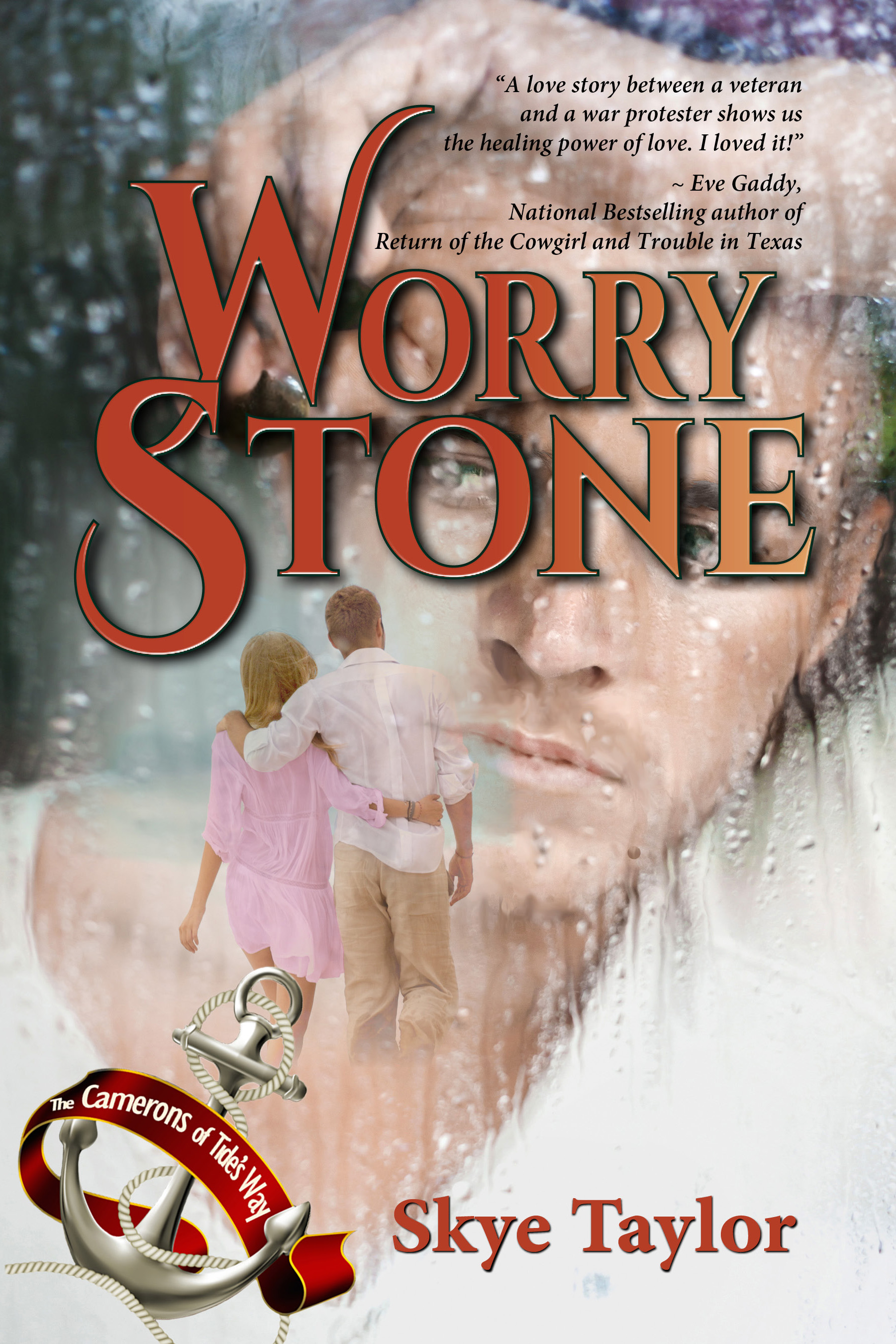 Is love enough to heal a soul-wounded Marine? Is love enough to heal a soul-wounded Marine?
Sandy Marshall has been rescuing and healing injured creatures all her life, so it’s nothing new when she jumps to the defense of a Marine recently returned from a war zone who’s being heckled by a fellow student. But when she falls in love with Nathan Cameron, she discovers that bringing home a soul-wounded Marine just might break her heart.
Cam wasn’t planning on getting involved with anyone until he put the war firmly behind him and got his life back on track, but the hope and sunshine Sandy brings to his troubled heart is as unexpected as it is irresistible.
Will Sandy’s love be enough to bring Cam back from the edge of despair and convince him to get the help he so desperately needs? Is his love for her strong enough for him to pull his life together and be the man she believes in?
Available at: Amazon, B&N, Kobo, and iBook
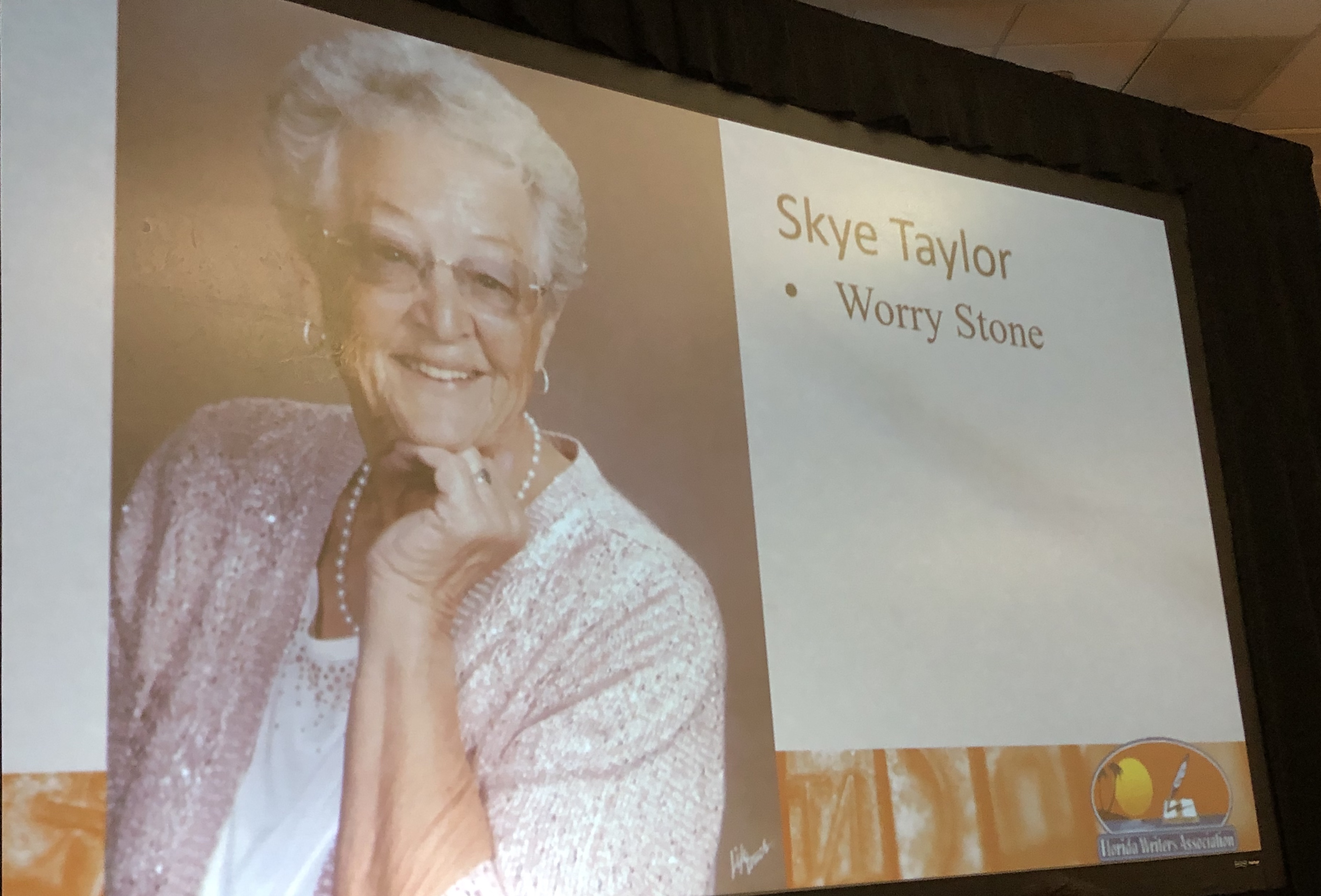
Nothing like seeing your name on the big screen for excitement!!
Saturday, October 19 2019
October Round Robin Blog: What unique situations have occurred in the writing process of any of your novels? Perhaps where what you planned changed, or the direction you thought the story was on deviated or transmuted?
XX
  I’m a pantser - for the initiated, that’s a person who writes by the seat of their pants - which means I never outline and rarely know the path I’m taking to get to an end I do know before I start. When an idea for a story comes to me, it often comes with a very clear image of where and how it will end. In fact, I very often write the final scene or chapter before I even begin the book. But how I’m going to get from point A to point B is mostly driven by the characters I’ve created. My writing process includes creating a detailed dossier on my protagonist, and nearly equal backstories for my supporting cast and the antagonist. Then I open with the inciting incident and let them run with the ball. The characters I’ve created seem to have ideas of their own and I am often surprised by the decisions they make or the actions they take, so sudden changes of direction or things I planned being upended happens most of the time. I’m a pantser - for the initiated, that’s a person who writes by the seat of their pants - which means I never outline and rarely know the path I’m taking to get to an end I do know before I start. When an idea for a story comes to me, it often comes with a very clear image of where and how it will end. In fact, I very often write the final scene or chapter before I even begin the book. But how I’m going to get from point A to point B is mostly driven by the characters I’ve created. My writing process includes creating a detailed dossier on my protagonist, and nearly equal backstories for my supporting cast and the antagonist. Then I open with the inciting incident and let them run with the ball. The characters I’ve created seem to have ideas of their own and I am often surprised by the decisions they make or the actions they take, so sudden changes of direction or things I planned being upended happens most of the time.
XX
I’m not sure any writer would consider it a “unique” situation, but often a writer discovers that he or she has written themselves into a corner along the way to the climax of the story. When that happens, you just have to move on to plan B. And even more often there is no plan B. So you take a breather, step back from your story to reassess w here you thought you were going and revisit the path that got you into that corner. One way out of such a place is to have a whole new and unexpected character show up. Sometimes this new character is simply a bridge back to the path you were on. Other times, the new character introduces information that before now was unknown because none of the characters you began with are privy to that knowledge. And more often than not, this new character upsets the whole applecart moving the story in a direction you had no idea it was going to go. here you thought you were going and revisit the path that got you into that corner. One way out of such a place is to have a whole new and unexpected character show up. Sometimes this new character is simply a bridge back to the path you were on. Other times, the new character introduces information that before now was unknown because none of the characters you began with are privy to that knowledge. And more often than not, this new character upsets the whole applecart moving the story in a direction you had no idea it was going to go.
XX
 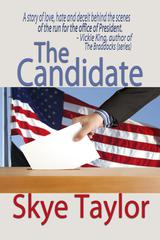 The biggest change of course in any of my writing came in my mainstream novel, THE CANDIDATE. I pitched the story to an editor from St Martin’s Press at a conference and she requested the manuscript. She loved the characters and plot, thought the dialog and settings were good, but she wanted more risk and tension. The story is about a man running for president who experiences a personal crisis in the middle of the campaign and I had chosen to tell it entirely from his POV. After much thought I realized telling it from only my protagonist’s point of view left the reader unaware of what was going on to oppose my guy. The big change I ended up with was to have 5 points of view; one of the opposing candidates for president, the campaign manager for the third opponent and two other characters with story arcs that impacted the whole. Now I felt like I was driving a five horse team, my hands full of reins and no longer sure I was in control. Until I attended a conference and a workshop where a very talented, best selling author gave me the key to my problem. A simple diagram on a whiteboard The biggest change of course in any of my writing came in my mainstream novel, THE CANDIDATE. I pitched the story to an editor from St Martin’s Press at a conference and she requested the manuscript. She loved the characters and plot, thought the dialog and settings were good, but she wanted more risk and tension. The story is about a man running for president who experiences a personal crisis in the middle of the campaign and I had chosen to tell it entirely from his POV. After much thought I realized telling it from only my protagonist’s point of view left the reader unaware of what was going on to oppose my guy. The big change I ended up with was to have 5 points of view; one of the opposing candidates for president, the campaign manager for the third opponent and two other characters with story arcs that impacted the whole. Now I felt like I was driving a five horse team, my hands full of reins and no longer sure I was in control. Until I attended a conference and a workshop where a very talented, best selling author gave me the key to my problem. A simple diagram on a whiteboard  with a graphic visual of five character arcs and a story arc and how they intersect and what happens when they do. A flashbulb went off in my head. I went home and pulled that story together pretty quickly after that. It was originally released under the title WHATEVER IT TAKES, re-released in 2016 as THE CANDIDATE. It ended the way I originally envisioned, but a lot of what happened between the day the old photograph was slipped into my candidate’s hand at a meet and greet and the final scene took several new turns I had not planned on or expected but the story was stronger and better. with a graphic visual of five character arcs and a story arc and how they intersect and what happens when they do. A flashbulb went off in my head. I went home and pulled that story together pretty quickly after that. It was originally released under the title WHATEVER IT TAKES, re-released in 2016 as THE CANDIDATE. It ended the way I originally envisioned, but a lot of what happened between the day the old photograph was slipped into my candidate’s hand at a meet and greet and the final scene took several new turns I had not planned on or expected but the story was stronger and better.
XX
 I think a writer needs to be open to ideas and revelations either from other writers, editors, brainstorming partners, beta readers or even the characters themselves. New ideas from a fresh source might be just the spark to keep a story moving, or ignite a whole new arc that adds depth and interest to the main story. Unless you are writing a formulaic genre book, a writer needs to be willing to push the envelope, see where their characters might go if allowed off the leash, and open to entirely new stuff. Even for a plotter, that outline is only a guide. It's not meant to be a straightjacket or to stifle good ideas that come during the writing process. Those unexpected deviations from the original plan are often what makes a book better, or even a blockbuster. I think a writer needs to be open to ideas and revelations either from other writers, editors, brainstorming partners, beta readers or even the characters themselves. New ideas from a fresh source might be just the spark to keep a story moving, or ignite a whole new arc that adds depth and interest to the main story. Unless you are writing a formulaic genre book, a writer needs to be willing to push the envelope, see where their characters might go if allowed off the leash, and open to entirely new stuff. Even for a plotter, that outline is only a guide. It's not meant to be a straightjacket or to stifle good ideas that come during the writing process. Those unexpected deviations from the original plan are often what makes a book better, or even a blockbuster.
XX
Want to find out what other authors have experienced along the way to THE END? Hop on over to these sites to find out.
XX
 A.J. Maguire A.J. Maguire
Connie Vines
Judith Copek
Margaret Fieland
Helena Fairfax
Dr. Bob Rich
Diane Bator
Rhobin L Courtright
Beverley Bateman
|